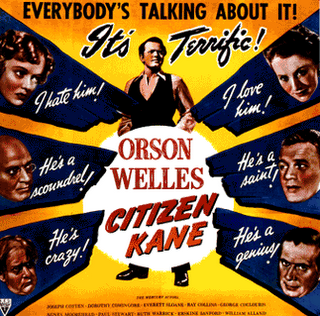My Wallace Steven's Poem
Farewell to Florida
Go on, high ship, since now, upon the shore,
The snake has left its skin upon the floor.
Key West sank downward under massive clouds
And silvers and greens spread over the sea. The moon
Is at the mast-head and the past is dead.
Her mind will never speak to me again.
I am free. High above the mast the moon
Rides clear of her mind and the waves make a refrain
Of this: that the snake has shed its skin upon
The floor. Go on through the darkness. The waves fly
back.
Her mind had bound me round. The plams were hot
As if I lived in ashen ground, as if
The leaves in which the wind kept up its sound
From my North of cold whistled in a sepulchral South,
Her South of pine and coral and coraline sea,
Her home , not mine, in the ever-freshened Keys,
Her days, her oceanic nights, calling
For music, for whispering from the reefs.
How content I shall be in the North to which I sail
And to feel sure and to forget the bleaching sand...
I hated the weathery yawl from which the pools
Disclosed the sea floor and the wilderness
Of waving weeds. I hated the vivid blooms
Curled over the shadowless hut, the rust and bones,
The trees like bones and the leaves half sand, half sun.
To stand here on the deck in the dark and say
Farewell and to know that that land is forever gone
And that she will not follow in any word
Or look, nor ever again in thought, except
That i loved her once...Farewell. Go on, high ship.
My North is leafless and lies in a wintery slime
Both of men and clouds, a slime of men in crowds.
The men are moving as the water moves,
This darkened water cloven by sullen swells
Against your sides, then shoving and slithering,
The darkness shattered, turbulent with foam.
To be free again, to return to the violent mind
That is their mind, these men, and that will bind
Me round, carry me, misty deck, carry me
To the cold, go on, high ship, go on, plunge on.

